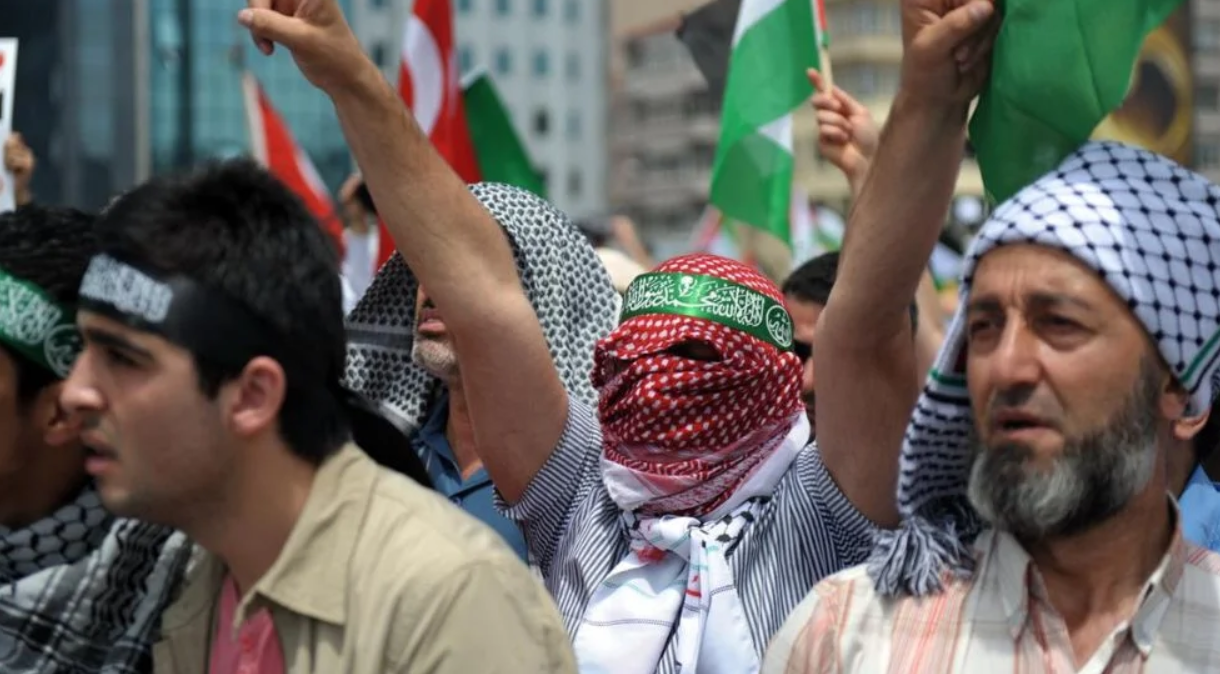A recent French government report warns that the Muslim Brotherhood is pushing a fundamentalist agenda across Europe. The group uses mosques, schools and lobbying to gain influence and weaken secular democracies. European governments face a continent-wide threat and must act together to prevent radicalization, unrest and future security crises.
The French Ministry of the Interior recently released a report accusing the Muslim Brotherhood of pushing its fundamentalist agenda in France and across Europe.
This report, which made headlines at the end of last month, warns that European countries could face serious consequences if they do not act. Note that the European Parliament designates the Muslim Brotherhood as a terrorist organization. French authorities describe the group as a long-term threat to national stability and claim that it works to expand its influence throughout Europe. They also say the Brotherhood has tried to shape European Union (EU) policy through extensive lobbying.
The report details a network of 139 mosques, 280 associations and 21 schools in France that the Brotherhood operates to promote Sharia values. According to French officials, the group uses these institutions to impose ideological control, influence Muslim communities and exploit democratic freedoms to advance its agenda.
Founded over 100 years ago in Egypt to establish a state governed by Islamic law, the Muslim Brotherhood continues to push its ideology through pan-European organizations. France, known for its strong commitment to secularism, has responded with urgency. French President Emmanuel Macron directed his government to propose new measures to fight the Brotherhood’s influence, which he calls a “threat to national cohesion.”
A Europe-wide problem
Other European governments have responded to France’s alarm. The Swedish government, for example, announced plans to commission its own study into what it calls “Islamist infiltration.”
The Muslim Brotherhood’s reach extends beyond France. Authorities believe it is active in the UK, Sweden, Germany and Austria. These developments point to a continent-wide challenge that demands a coordinated EU response to safeguard democracy and secular values.
The Brotherhood’s influence threatens not only Europe’s internal stability but also its geopolitical focus. If the group gains strength in countries near the Mediterranean — such as Egypt, Libya or Tunisia — EU leaders may need to divert resources and attention away from Ukraine. While the EU continues to prioritize countering Russian aggression, new security challenges along its southern border could force a strategic recalibration.
This shift might also change public opinion. Right-wing parties could exploit concerns over fundamentalist threats to gain political ground. If instability rises in Brotherhood-influenced regions, migration patterns may shift as well. Political unrest and armed conflict often force more people to flee toward Europe, creating additional pressure on EU borders and asylum systems.
What can the EU do?
EU countries must respond jointly and firmly. One option involves creating an ideological counter-narrative. Supporting secular and moderate Muslim movements can reduce the Brotherhood’s appeal, particularly among young people who face a higher risk of radicalization.
European governments can also invest in civil society. Funding media outlets, grassroots organizations and local community programs will help reinforce democratic values, freedom of expression and peaceful political engagement. These efforts should occur both within Europe and in countries where the Brotherhood holds sway.
Make Sense of the World
Unique Insights from 2,500+ Contributors in 90+ Countries
Enter your email address
At the same time, EU foreign policy must support governments in the Middle East and North Africa (MENA) region that seek to fight radicalization. European leaders should fund programs that promote youth integration, expand access to education and create jobs. These programs offer long-term solutions to the vulnerabilities that fundamentalist groups exploit.
EU officials should also use diplomacy to build regional partnerships. By coordinating with MENA governments, the EU can limit the Brotherhood’s reach and reduce the risk of radicalization spilling into Europe.
The views expressed in this article are the author’s own and do not necessarily reflect Fair Observer’s editorial policy.


